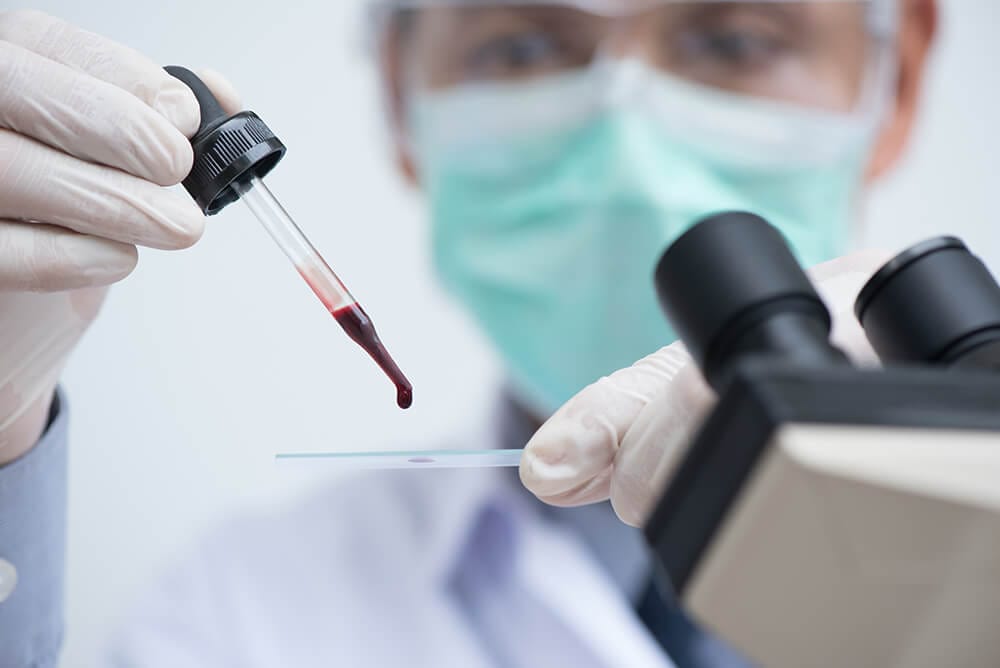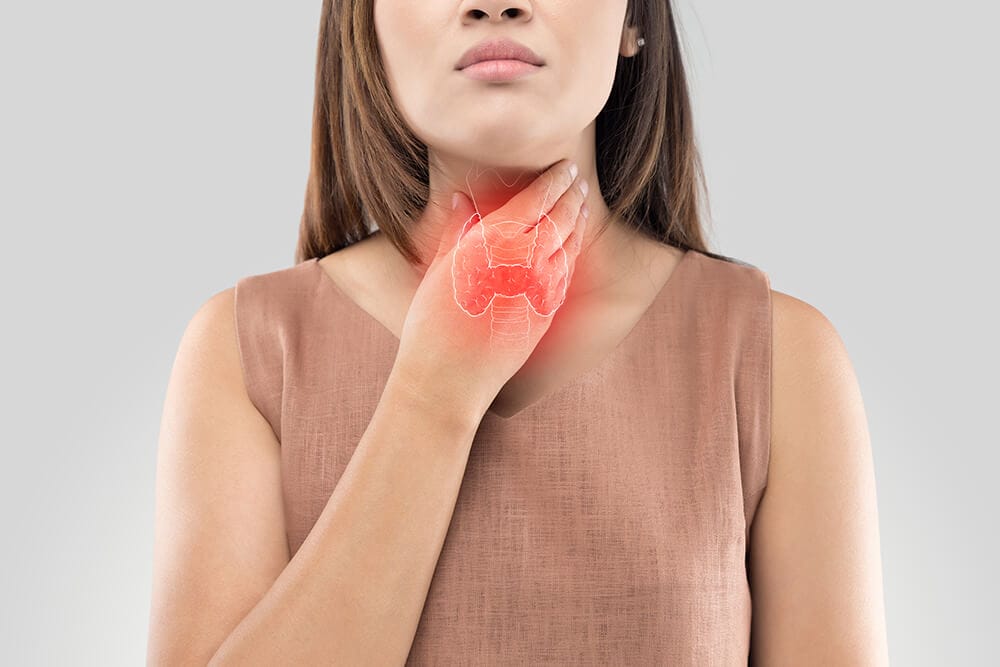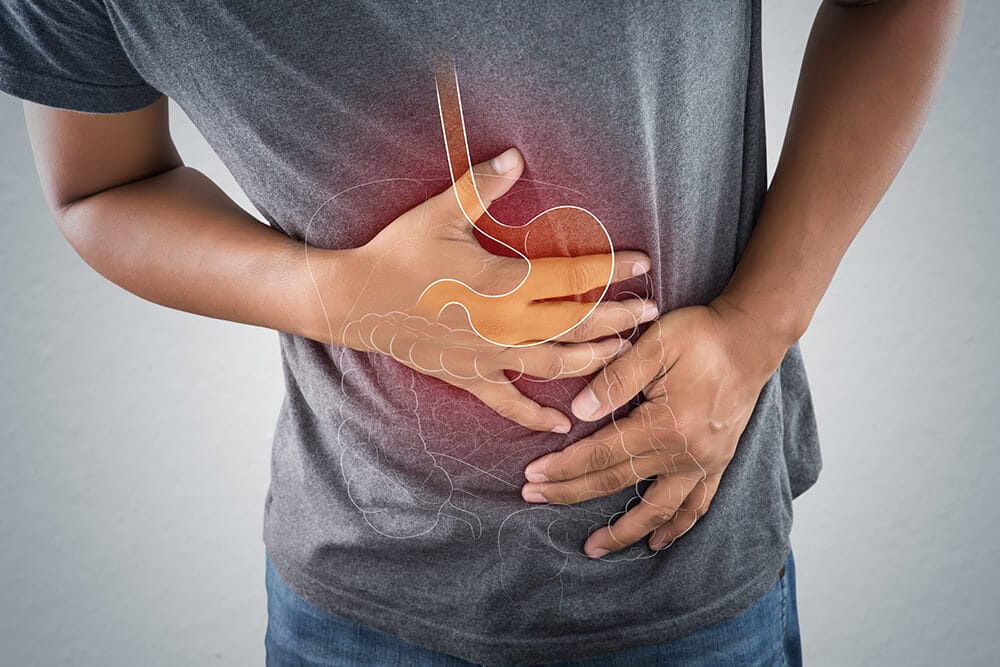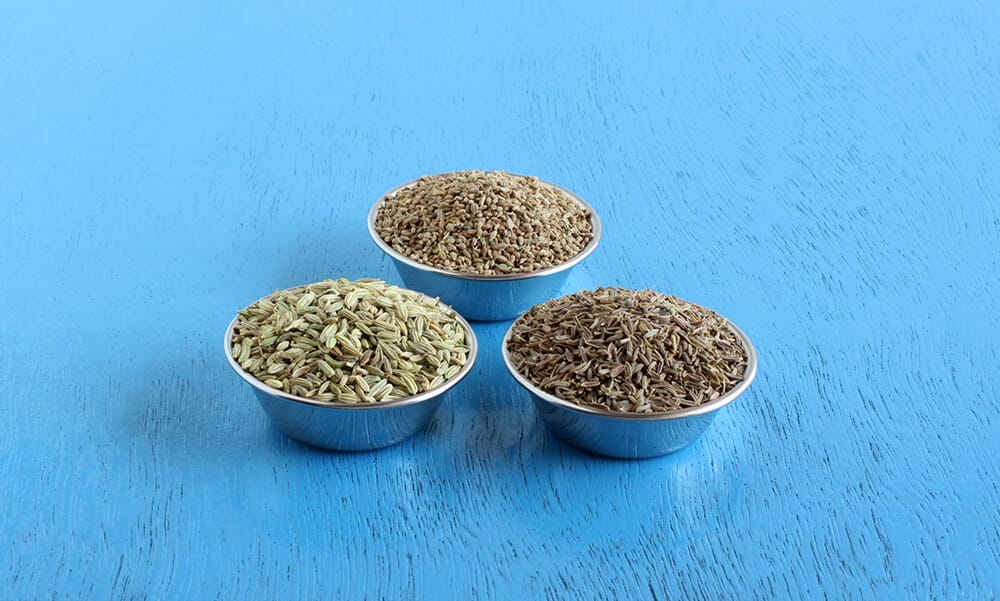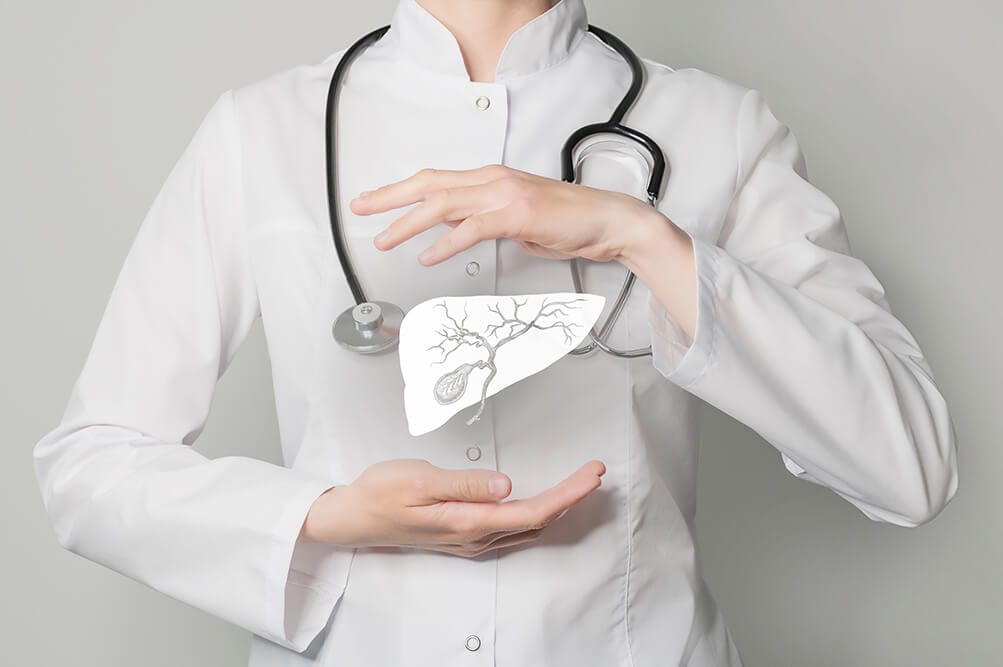
What Food Should You Include & Avoid In Your Jaundice Diet
Overview of the Diet for Jaundice Patients
The diet of a person has a considerable impact on the rehabilitation and prevention of jaundice. During digestion, the liver generates bile, which aids in the breakdown of lipids in the gut. The liver is also in charge of absorbing or metabolizing most nutrients, poisons and drugs that have been digested.
Every meal and drink needs some effort on the part of the liver. However, because various nutrients and substances are absorbed and processed in different ways, some are better for the liver than others. When meals are tough to digest, the amount of work the liver needs to do rises. Large doses of processed carbohydrates, salt, and saturated fats are extremely harmful when a person is suffering from Jaundice.
Therefore, foods and liquids that aid in improving digestion and metabolism, protecting the liver from additional damage and cleansing it are frequently recommended to those who have jaundice.
What is Jaundice?
Jaundice is the yellowing of the skin, the white area of the eyes and sinuses. A high quantity of bilirubin, a yellow-orange bile pigment, is responsible for this yellow hue of the skin. The liver secretes bile, which is a fluid. Bilirubin is produced when red blood cells are broken down. Hepatitis, gallstones, and tumors are only a few of the reasons for jaundice.
The person may not show any signs or symptoms of jaundice, and the illness may be discovered by chance. The intensity of symptoms is determined by the underlying reasons and the rate at which the disease progresses. Jaundice is most common in newborns, small children, immune-compromised teenagers, and adults.
Benefits of Diet for Jaundice Patients
For a healthy lifestyle, the importance of following a well-balanced diet cannot be stressed. Maintaining a balanced diet and taking into account all of the important nutrients required by the body will help an individual live a healthier lifestyle. A healthy eating plan can aid an individual in reaching the desired weight and lower the risk of chronic illnesses, including diabetes, heart disease, and cancer.
A balanced diet, in simple terms, is the one that provides the necessary nutrients for the body to function correctly. Diet is important, since it ensures that the proper quantity of calories is consumed. When a wide variety of calorie-dense foods like fresh fruits and vegetables, whole grains, and proteins are consumed, the body gets the nourishment it needs.
One’s liver function is directly influenced by what one eats and drinks. A nutritious diet assists one’s liver to function more effectively and eliminate toxins from the body. This can help in getting rid of the symptoms and lowering the chances of getting jaundice again.
How to follow a diet for Jaundice Patients?
The diet of an individual plays a major role in his/her recovery from Jaundice. He/she is advised to consume food that is light and easy to digest because Jaundice is a result of liver disease or failure and helping in the digestion of food is the major function of the liver.
Generally, the doctor would prepare a diet chart for the patients to ensure that they get all the nutrients that are essential for quick recovery from the disease. Some quick tips provided by a dietician are:
-
- A patient suffering from jaundice should drink a minimum of 8 glasses of fluids every day. Herbal teas and water are the best forms of fluids that can be taken
- Fruits rich in digestive enzymes, such as papaya and mango, should be consumed
- High fiber-enriched foods should be consumed which would help the digestion of food
- The diet should be rich in fruits and vegetables for faster recovery
- The diet should be low in sodium
- Beverages like alcohol and colas should not be consumed
- The diet should be low in proteins and refined sugar for faster recovery
Foods to eat to follow a diet for Jaundice Patients
Certain meals and beverages have been shown to have a positive impact on the health of the liver. Including them in the diet or increasing their consumption may help to alleviate the symptoms and improve their overall health. The diet should contain the following things:
-
- Eight glasses of water is a minimum as these would help in flushing out the toxins from the liver.
- Consumption of coffee and herbal teas should be in moderation. They would help in improving liver health by increasing the levels of antioxidants in the body.
- Consumption of milk thistle, available in the form of supplements, is suggested, because not only is it high in antioxidants, but it also contains silymarin, which helps in repairing damaged liver cells.
- The patients should consume fruits and vegetables the maximum for ensuring the body is not depleted of the required nutrients. For the complete range of nutrients, a variety of fruits, vegetables, legumes, nuts, and whole grains should be consumed.
- Fruits rich in digestive enzymes, such as orange, papaya, mango, and pineapple should be consumed
- A diet rich in fruits and vegetables should be consumed. Avocado, grapes, Brussel sprouts, mustard greens are some of the fruits and vegetables that are liver friendly.
- Fiber-rich foods help in eliminating the bile from the liver which further helps in reducing the toxins. Patients should try and consume a minimum of one serving of fiber-rich foods with every meal. Fruits and vegetables such as broccoli, berries, almonds, brown rice, and more are rich in fiber and should be consumed.
Foods to avoid to follow a diet for Jaundice Patients
When suffering from jaundice, it is important that the patients avoid certain types of food that can further damage the liver.
-
- A diet consisting of a moderate amount of iron and proteins should be consumed, because too much iron can cause liver cirrhosis.
- Food rich in high fat should be completely avoided because it may lead to the accumulation of fats in the liver.
- Similarly, fried food and saturated fats found in meat and dairy products should be avoided because they are difficult to digest.
- A diet low in sugar and salt should be consumed. High salt intake can lead to water retention and further liver damage, while high sugar intake can cause the build-up of fats in the liver, causing more harm.
Downsides to following a diet for Jaundice Patients
Jaundice may affect anybody; it is most frequent in newborns, but it can also affect adults. Jaundice can be caused by a variety of factors. It might be caused by liver inflammation or a clogged bile duct. Food or drinks that are consumed are digested by the liver, which also removes waste and poisons from the body during the process. However, the liver’s function can be disrupted sometimes as a result of consuming polluted food and drink. This produces an accumulation of waste materials in the blood called bilirubin, which causes jaundice.
Consuming a balanced diet is never harmful or has any side effects for the body. When suffering from jaundice, it may help in eliminating the toxins from the body and may help in recovering faster from the disease.
Treatment of Jaundice
When babies are suffering from jaundice, in most situations, symptoms will go away without any therapy. The quantity of bilirubin in the blood is discovered to be low in most babies, thus, not requiring any treatment. In these circumstances, the disease normally improves within 10 to 14 days and the baby will not be harmed.
Babies with exceptionally high levels of bilirubin, on the other hand, will require either a blood transfusion or phototherapy.
Jaundice is not frequently treated in adults, however, the doctor will address the underlying issue. Jaundice will go away on its own when the liver begins to recover, if suffering from acute viral hepatitis. If a clogged bile duct is suspected, surgery to open it may be recommended.
Conclusion
An accumulation of bilirubin in the blood causes jaundice. Part of how long it takes to clear it out of your system is determined by its fundamental cause. Jaundice can be relieved and prevented with a healthy, well-balanced diet that promotes liver function. A doctor’s consultation is extremely important for a better diet chart according to the medical history of the patient.
FAQs
Should food be consumed three times a day only?
It is suggested that instead of consuming three full meals, the intake of food should be done in smaller quantities throughout the day.
Can I add sugar to my coffee?
Sugar should be avoided at all costs, thus, it is advised to not add sugar to the coffee.
Can I drink milk?
Varieties of low-fat milk and dairy products can be consumed in moderation instead of consuming full-fat milk and dairy products.
References
- narayanahealth
- clevelandclinic
- medicalnewstoday
- healthline
- medicalnewstoday
- webmed
- nhs
- healthlibrary
- medindia







